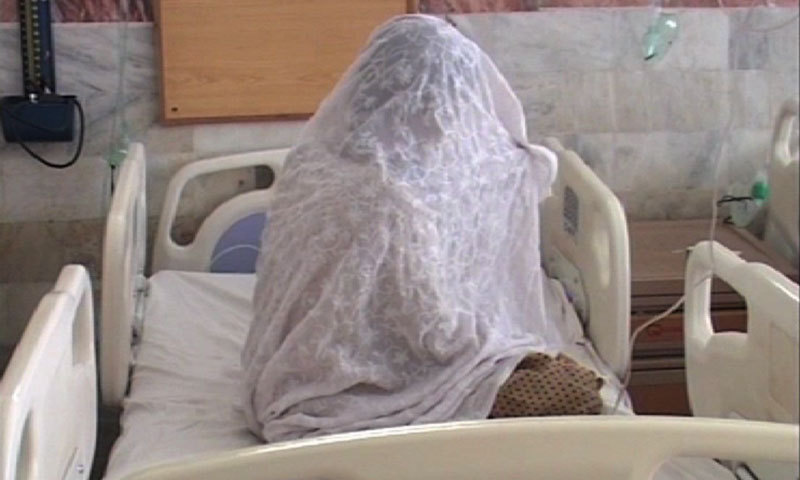IF there ever was a situation that could aptly be described without a trace of irony as a fate worse than death, it would be the lives of victims of acid attacks, most of whom are women.
There are few other crimes that have the kind of far-reaching, devastating and often permanent consequences in a world where physical appearance is a vital aspect of an individual’s social capital. When Pakistan’s parliament enacted the Criminal Law (Second Amendment) Act, 2011, it was hailed as an important step in the fight against this type of violence.
Also read: 42 acid attacks in Punjab; victims await justice
The legislation inserted new sections into the Pakistan Penal Code that, for the first time, defined acid attacks and stipulated imprisonment from 14 years to life and a minimum fine of Rs1m as punishment.
However, as a report in this paper yesterday indicates, that scarcely appears to have been a deterrent. In Punjab, which accounts for the majority of cases, acid attacks have actually registered an increase: there were 42 between January and September this year, compared to 35 throughout 2013.
Rights activists have persistently held that the 2011 amendment to the PPC was to have been buttressed by a comprehensive act to address various aspects of the issue — financial compensation for the victim, his/her rehabilitation, the sale of acid, etc.
Crucially, the proposed legislation recognises that victims are in need of urgent and long-term medical attention. Several drafts are in the final stages with various provincial authorities.
Among the suggestions in the draft under consideration in Punjab is that cases be processed within a specific time frame, the fine imposed upon perpetrators go towards compensation for victims and the government be made responsible for the latter’s rehabilitation.
It also stipulates the setting up of a monitoring and funding mechanism to enable effective implementation. To ensure that this most vicious of crimes does not go unpunished and that those at the receiving end are not left without redress, the comprehensive bill must be passed into law without delay.
Published in Dawn, November 25th , 2014

































